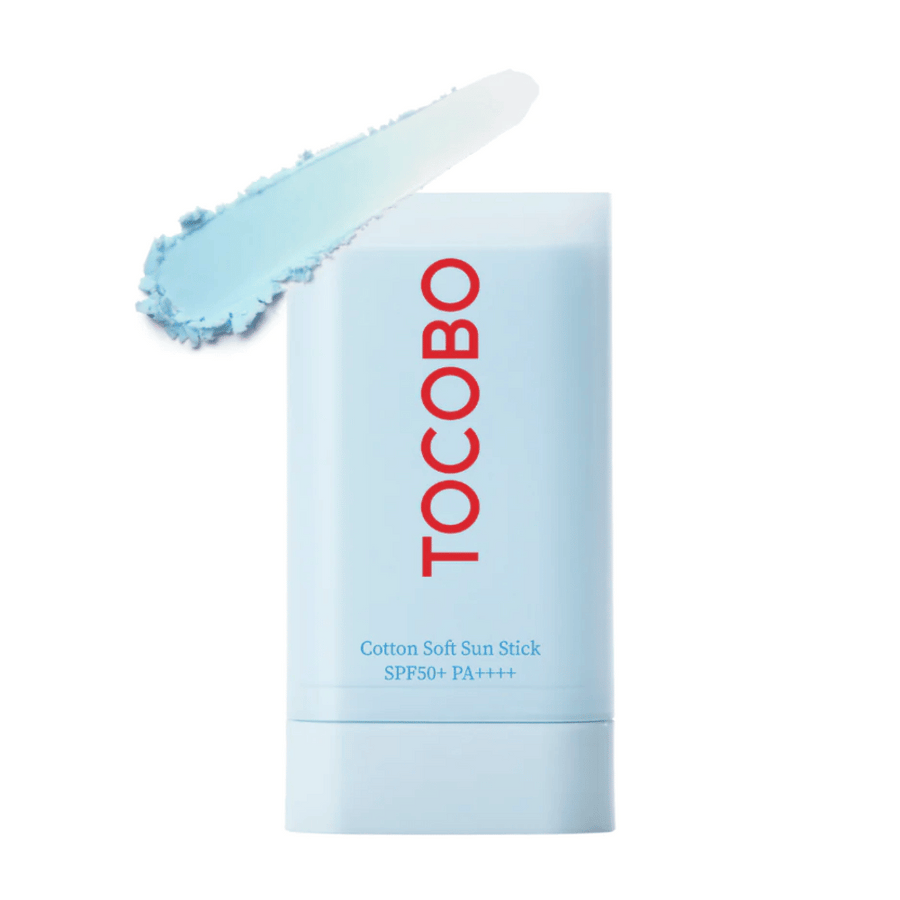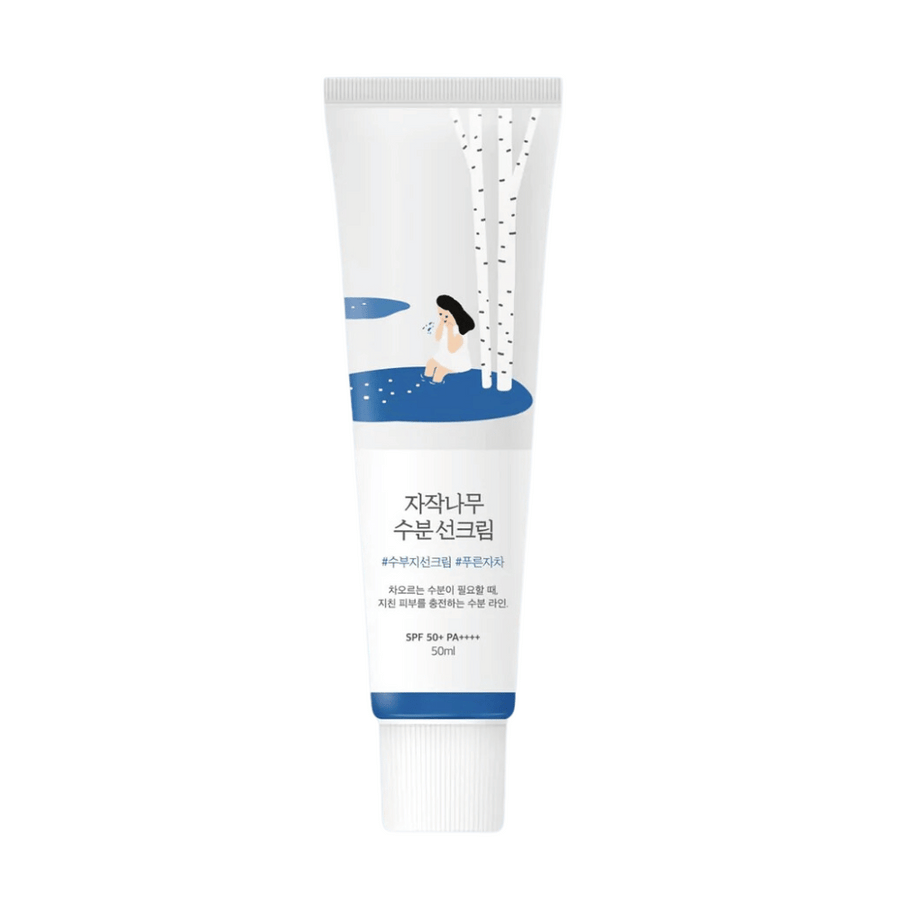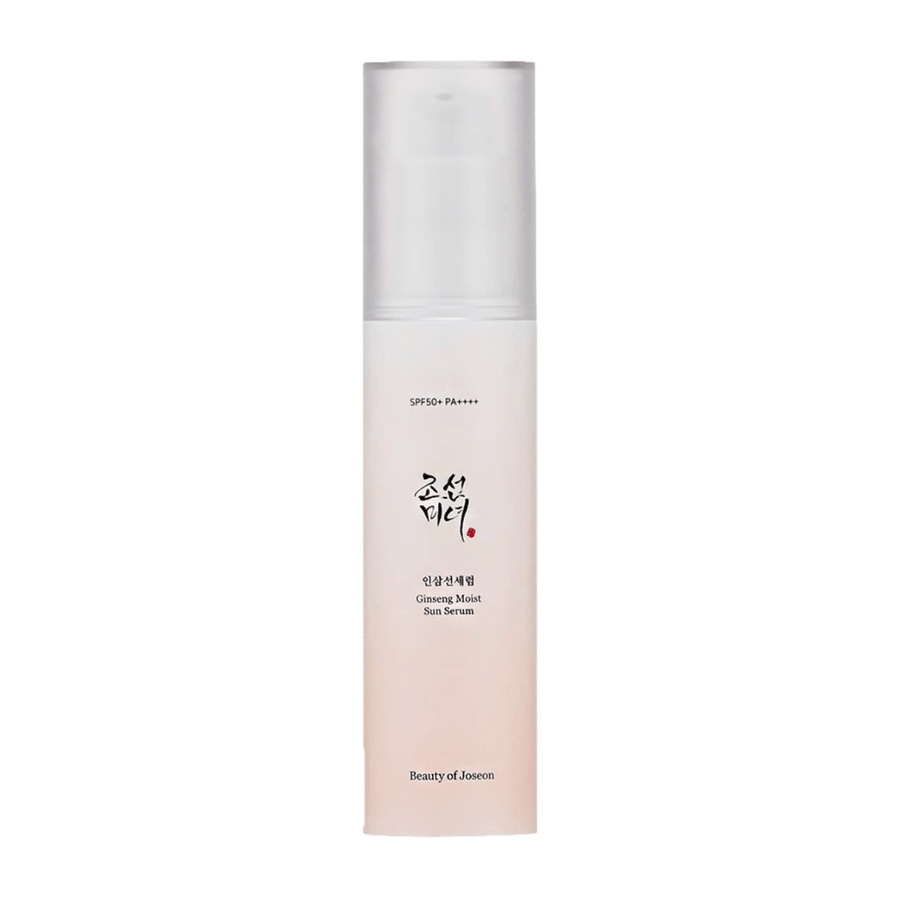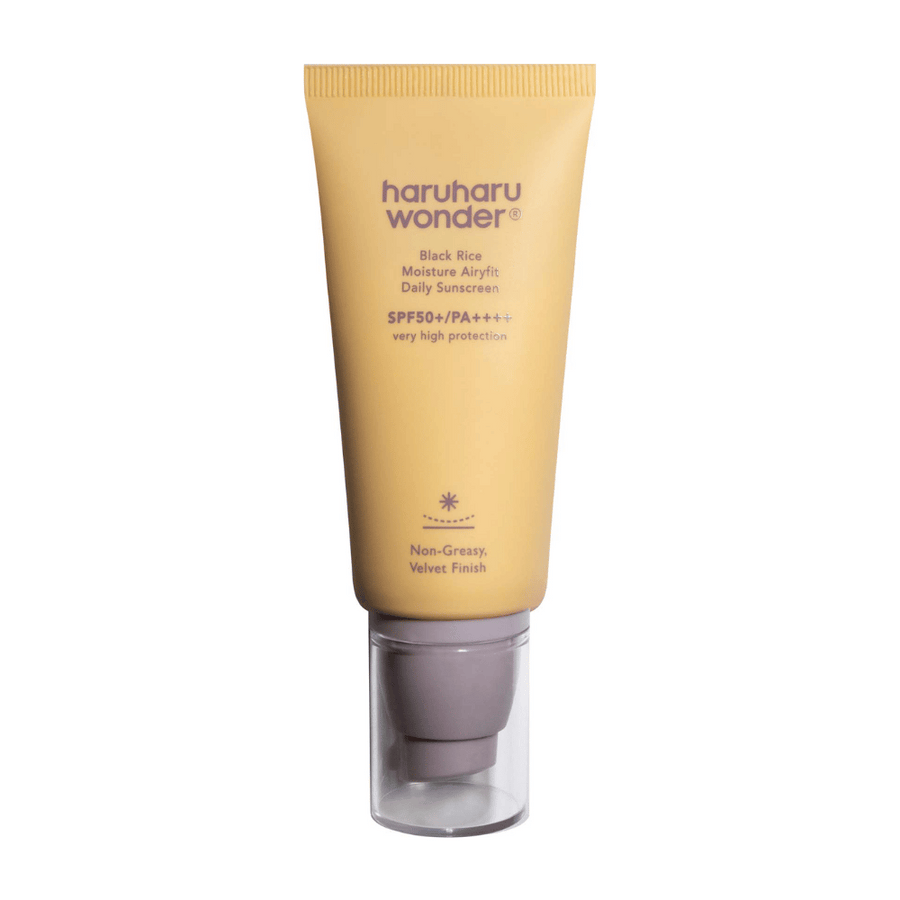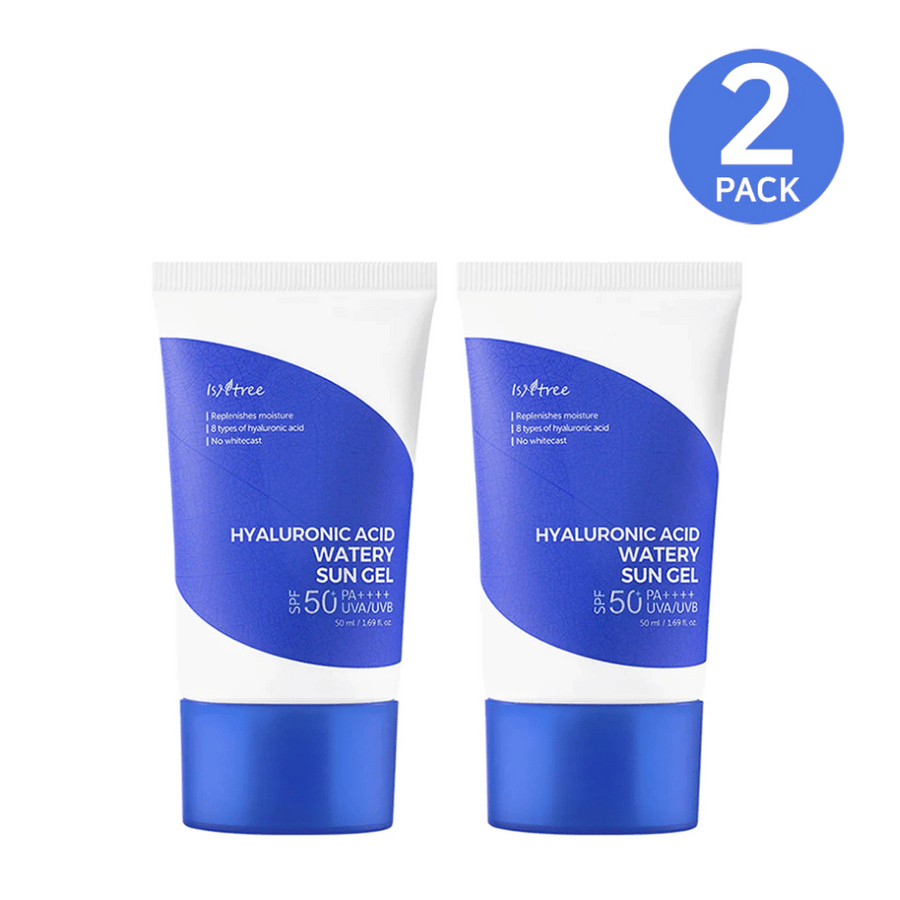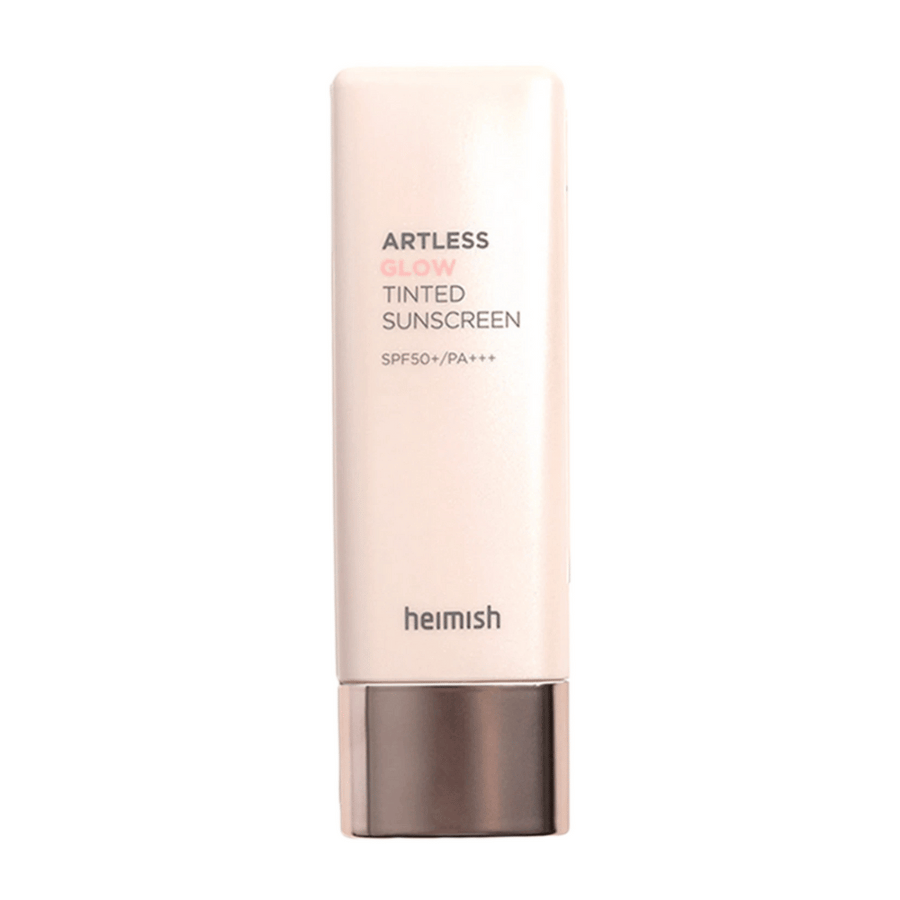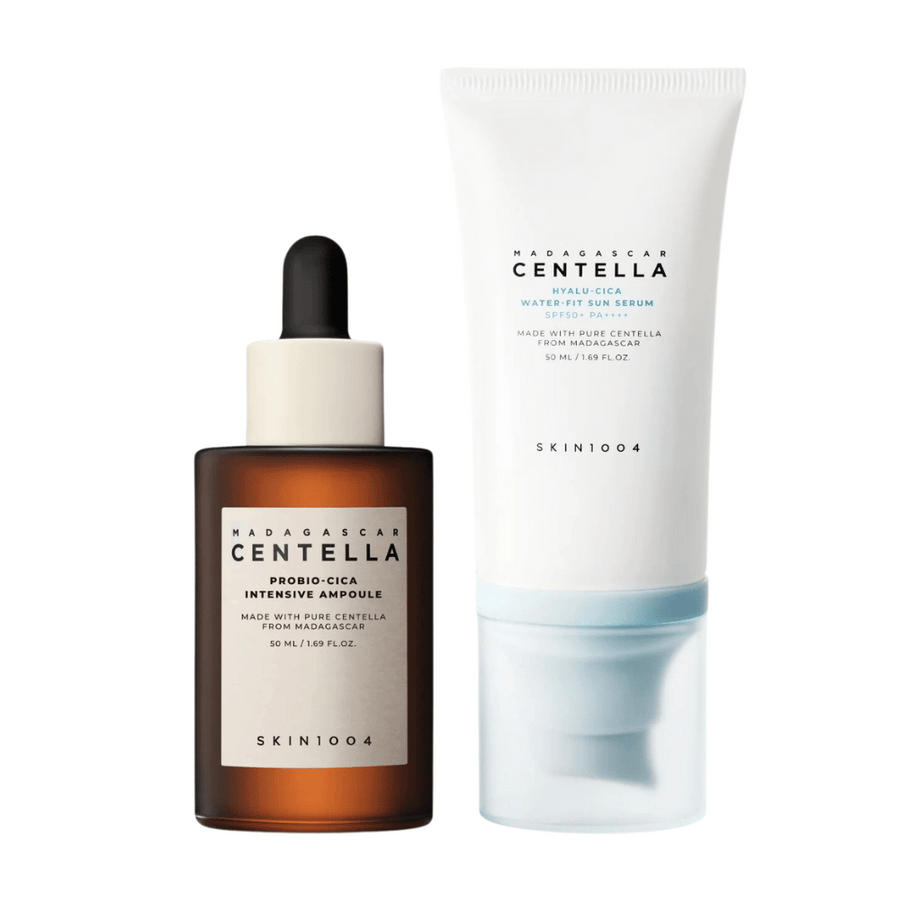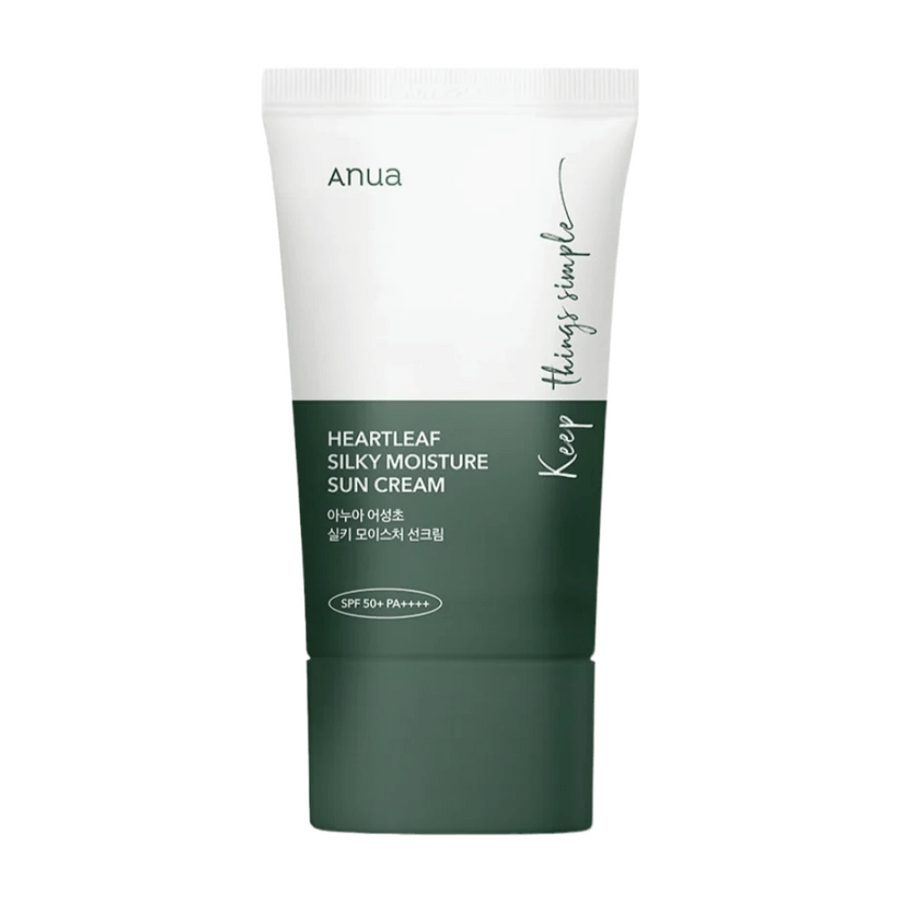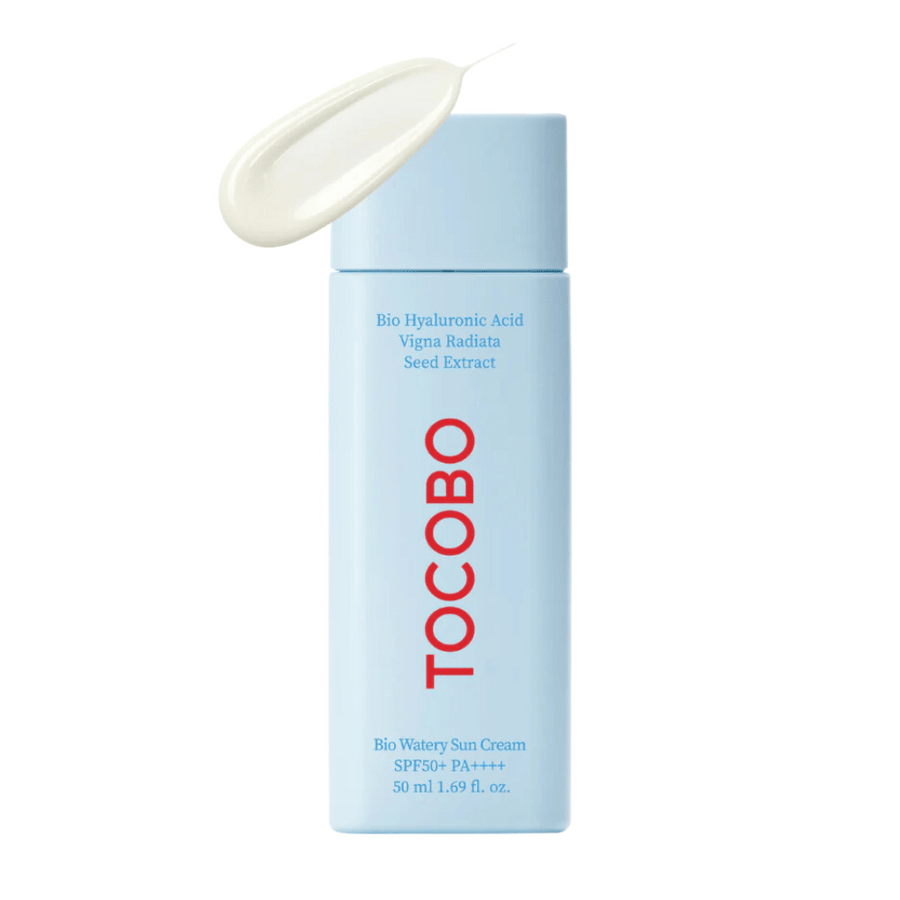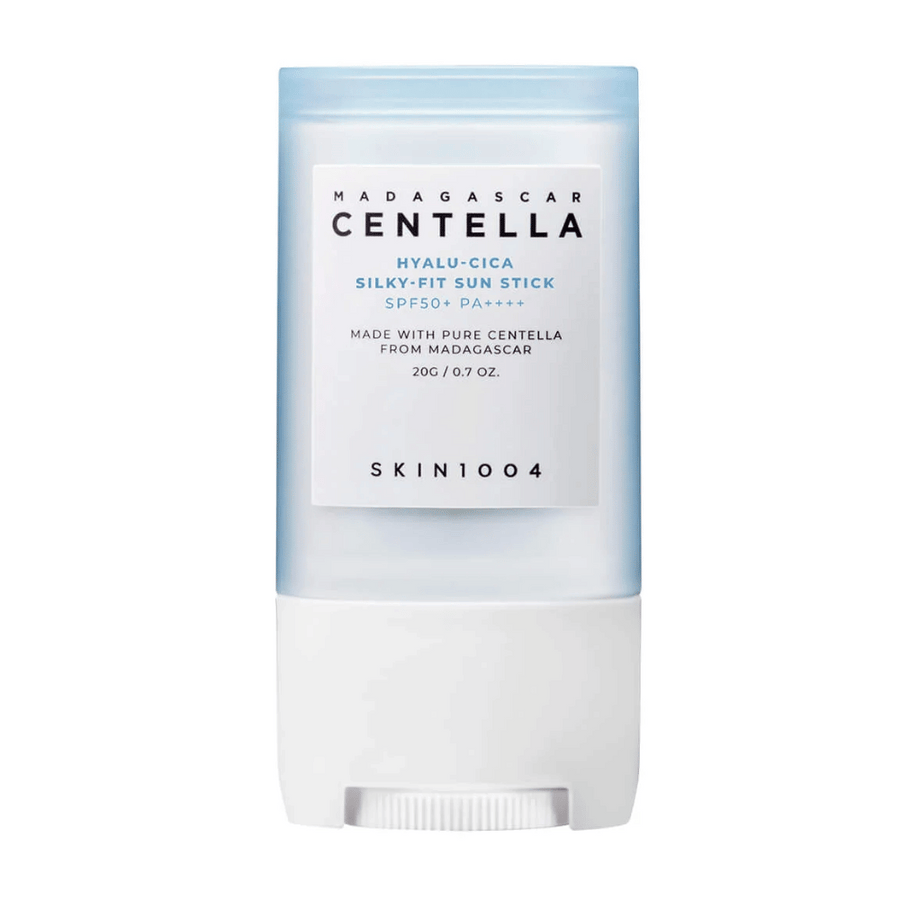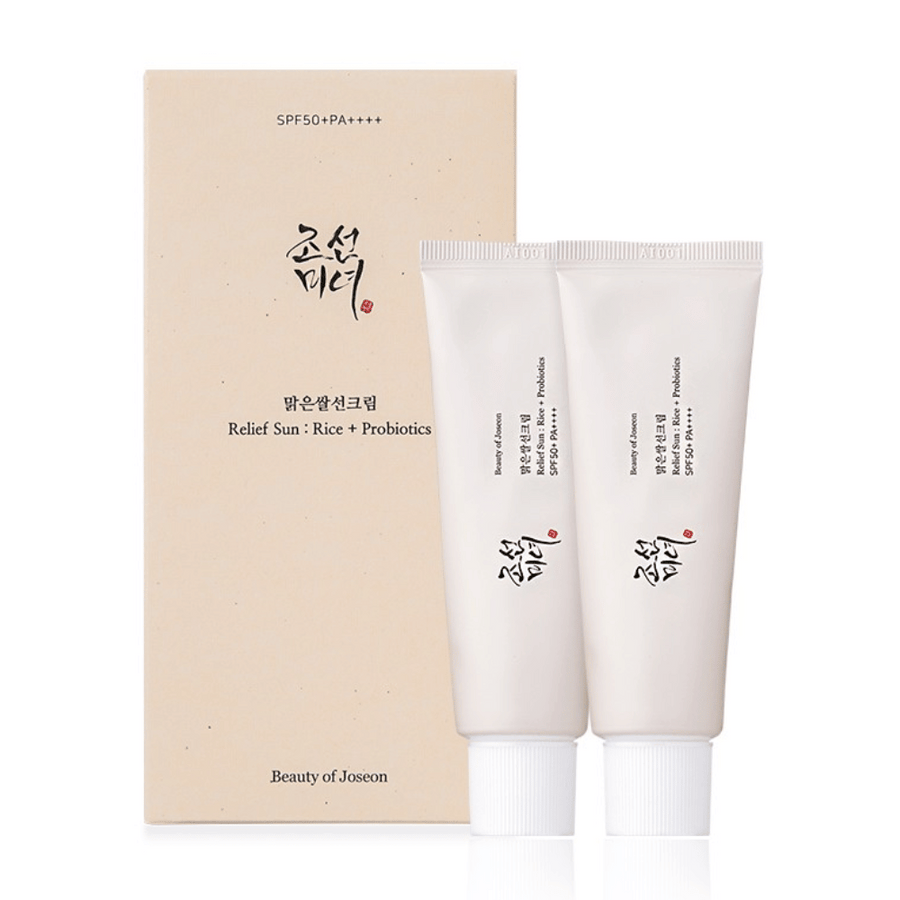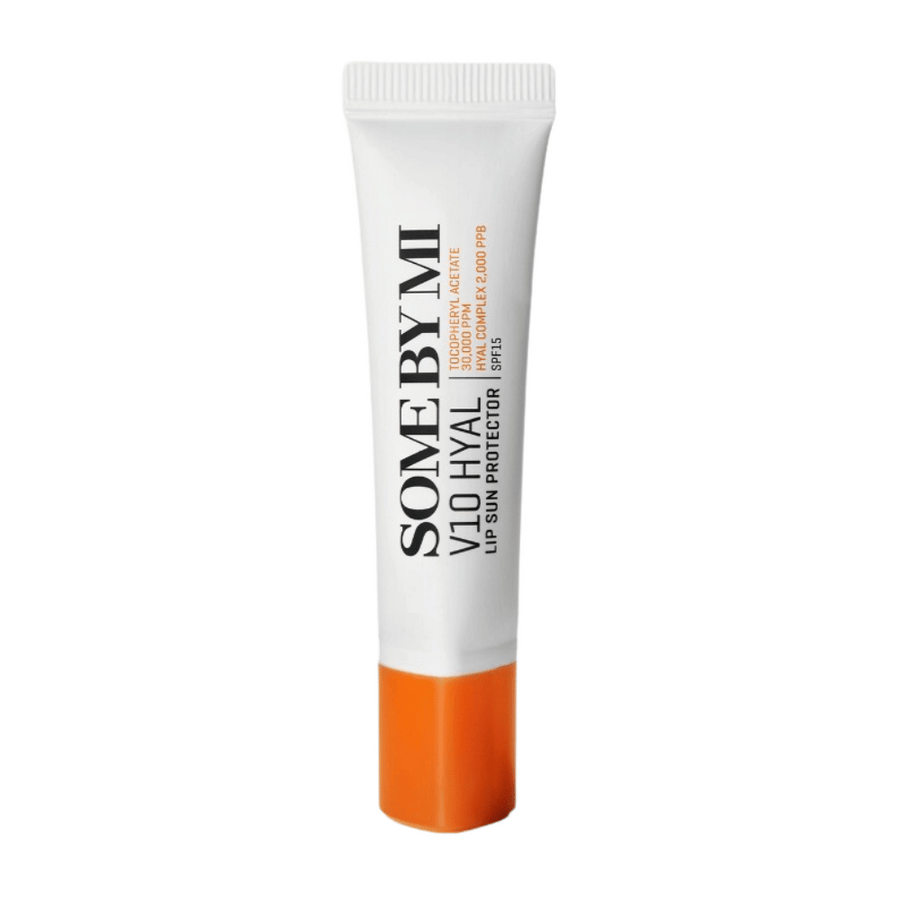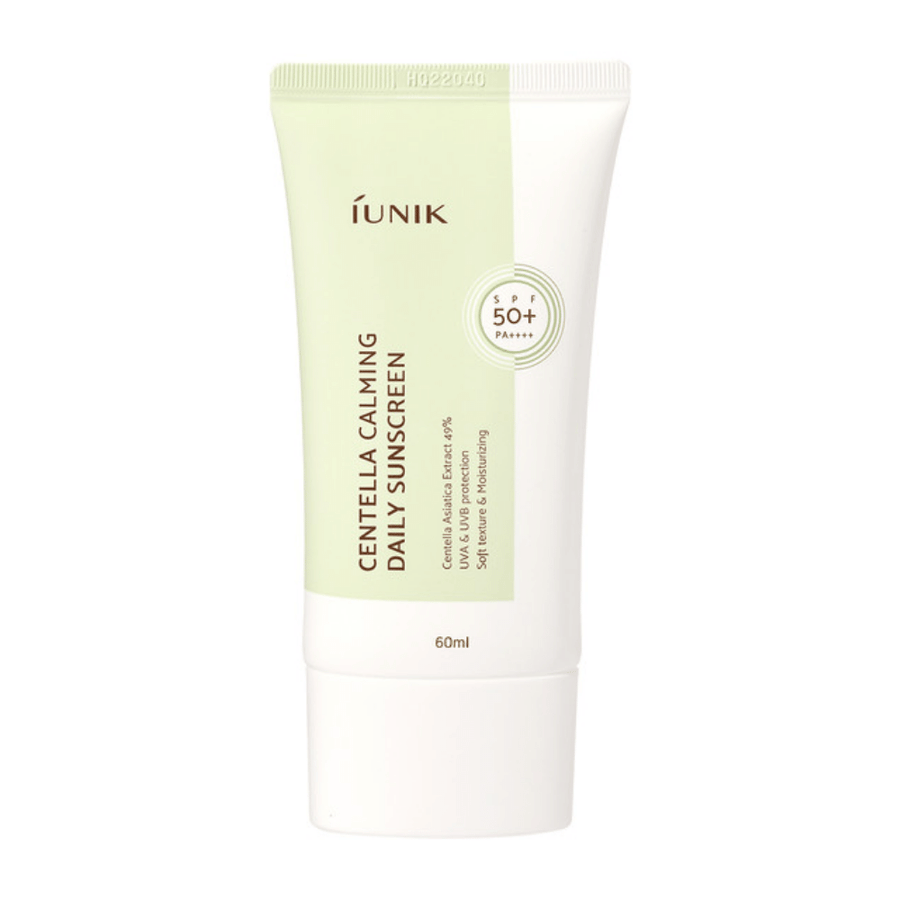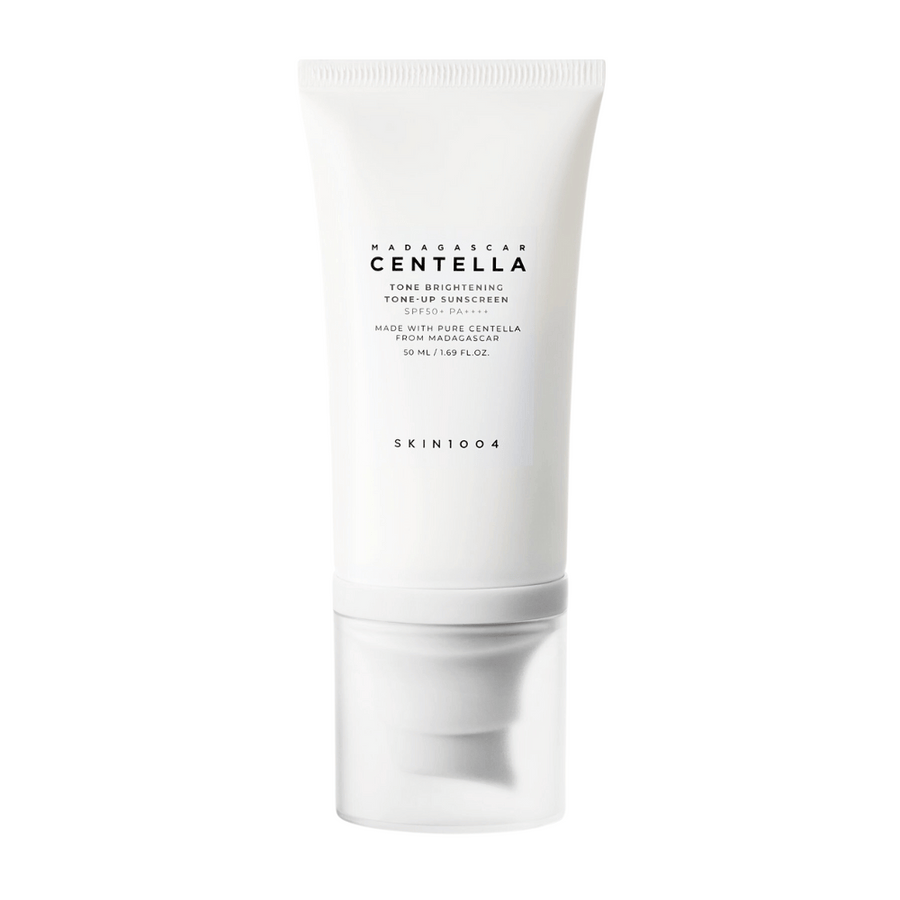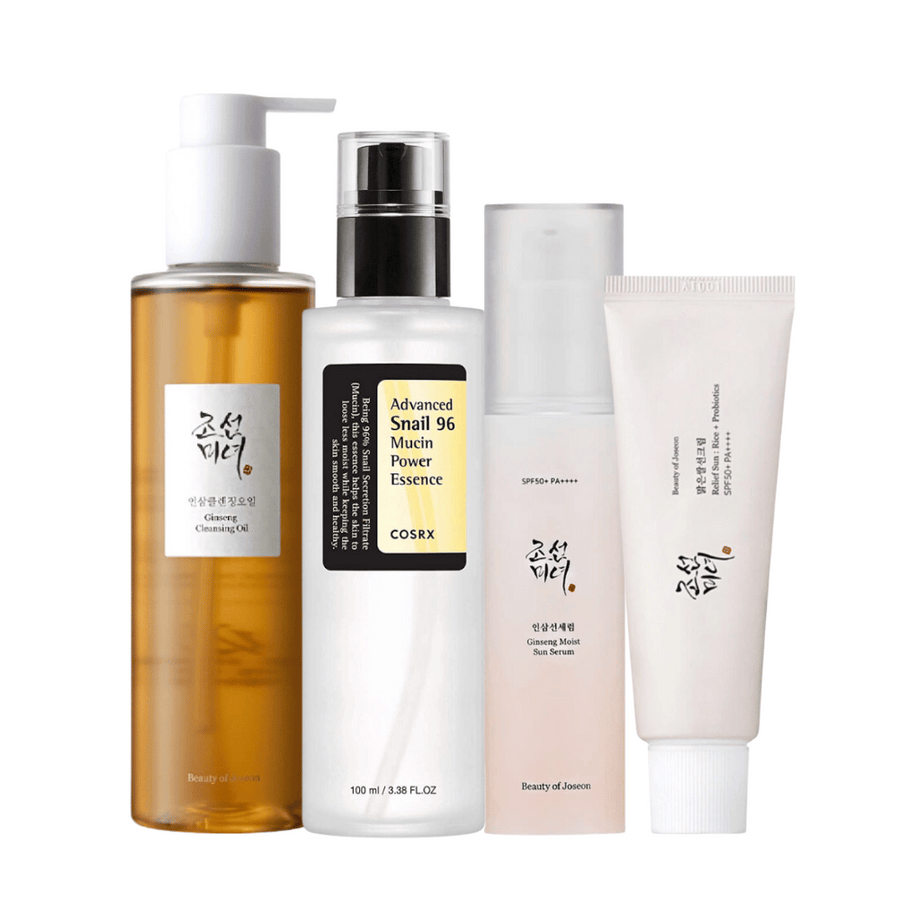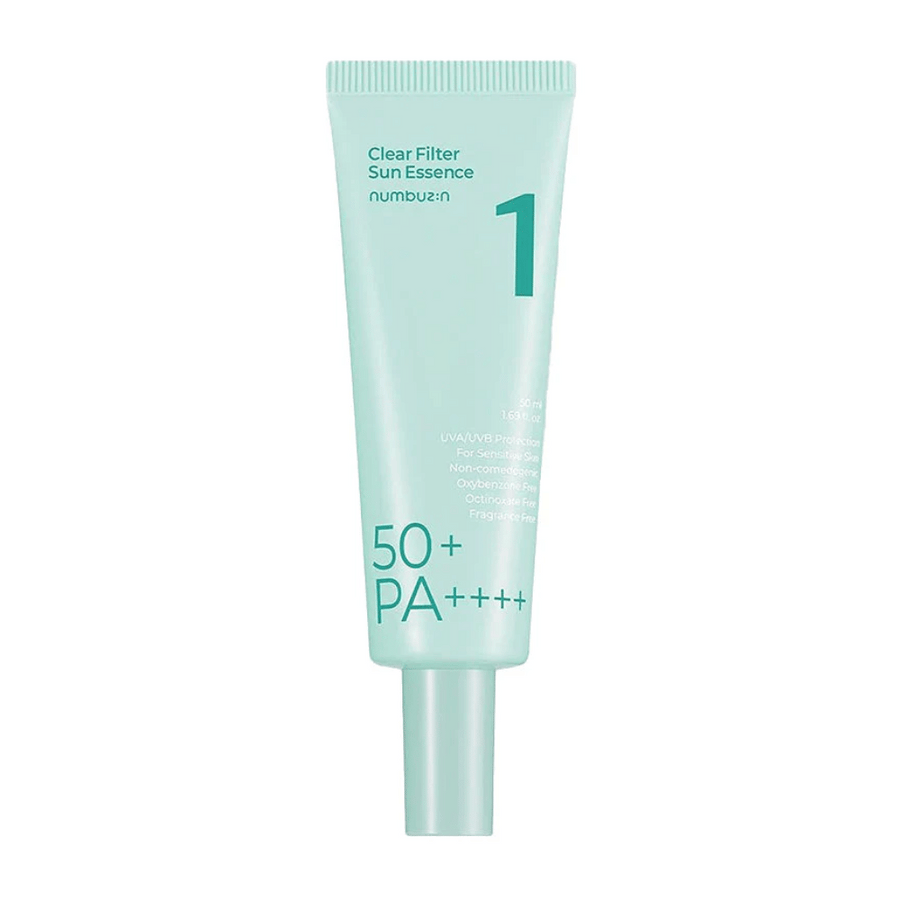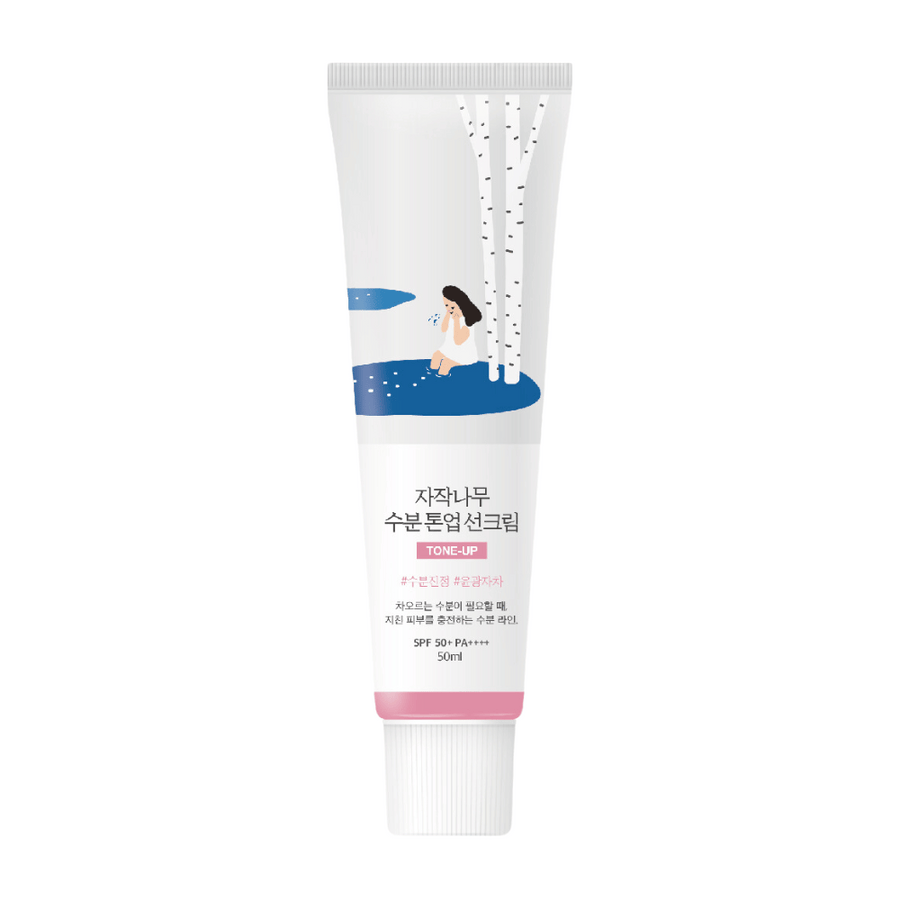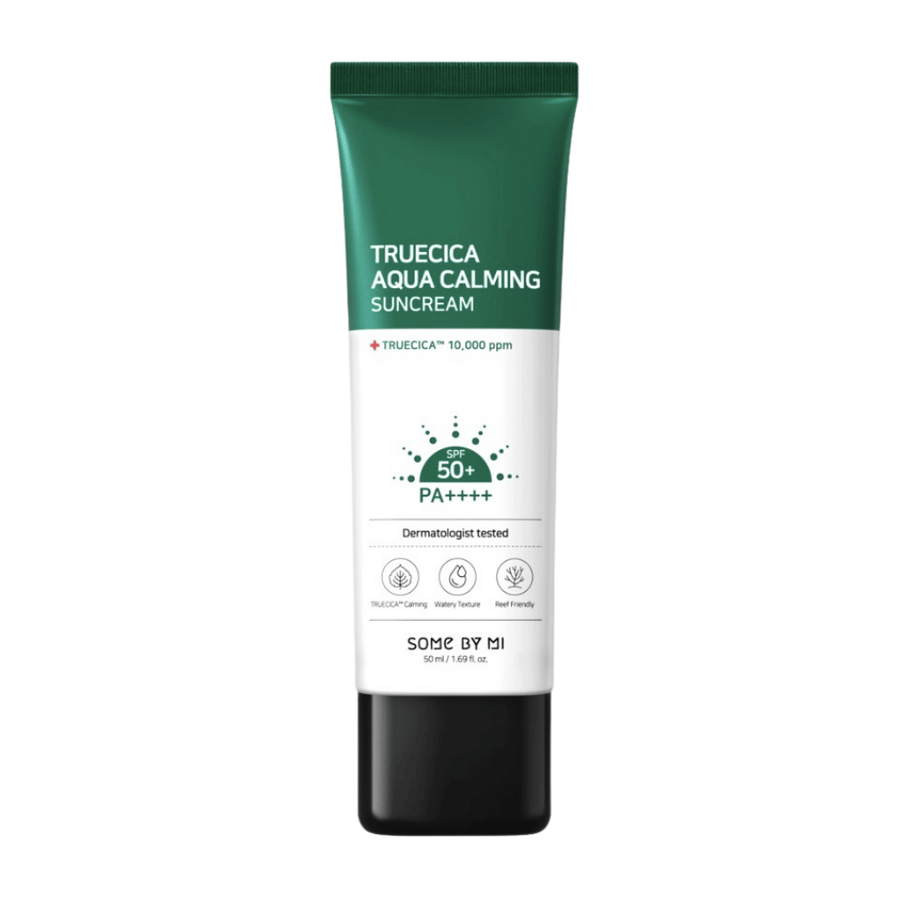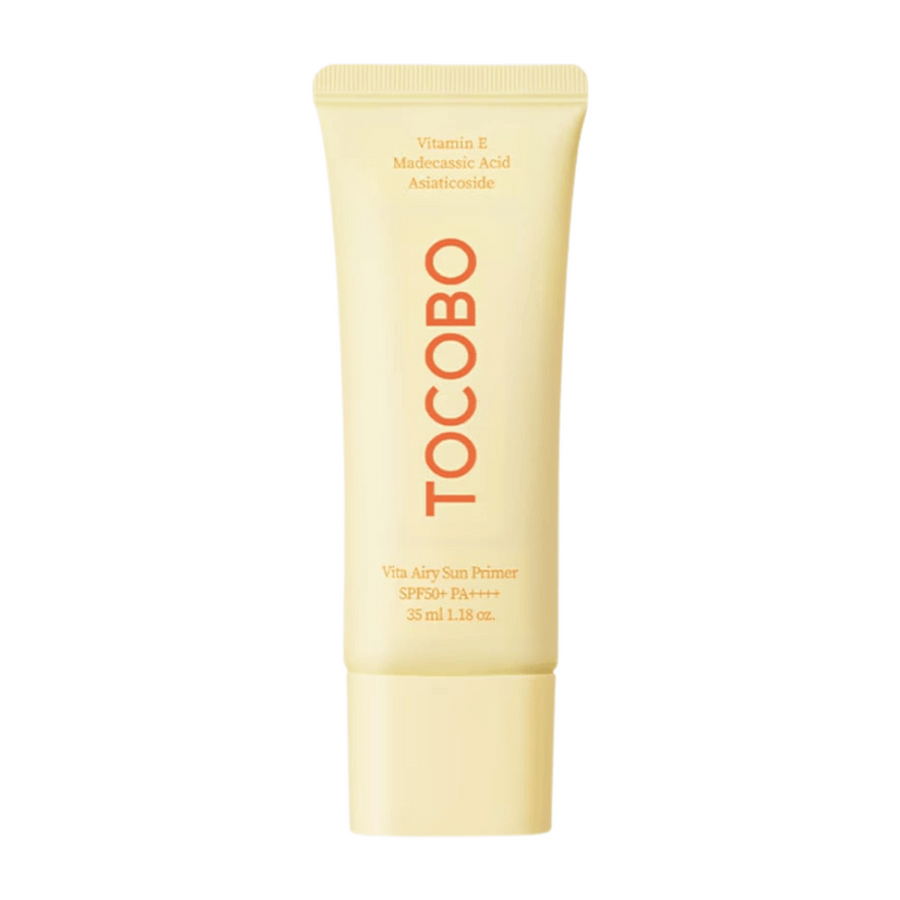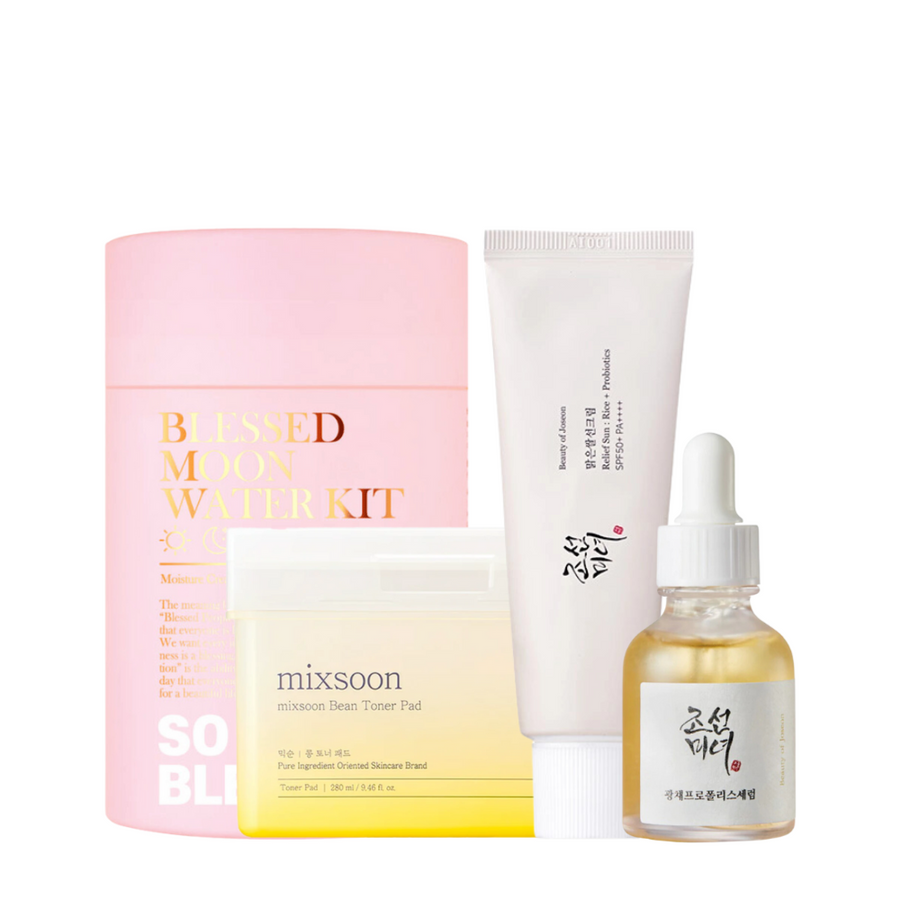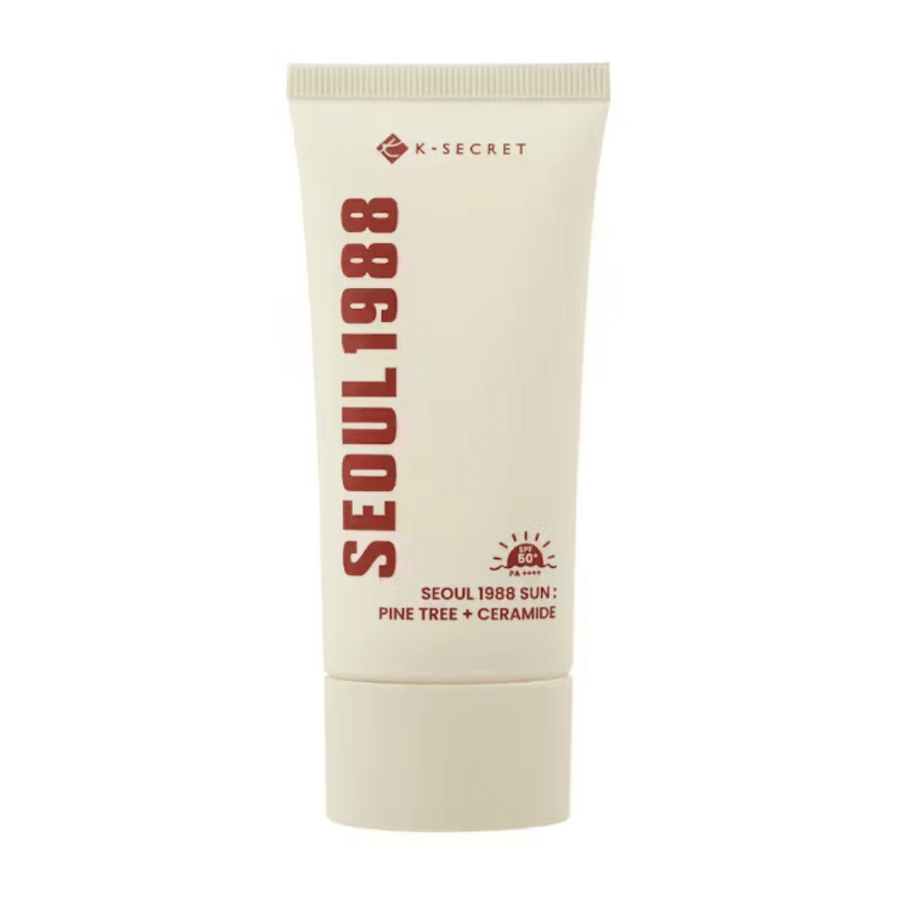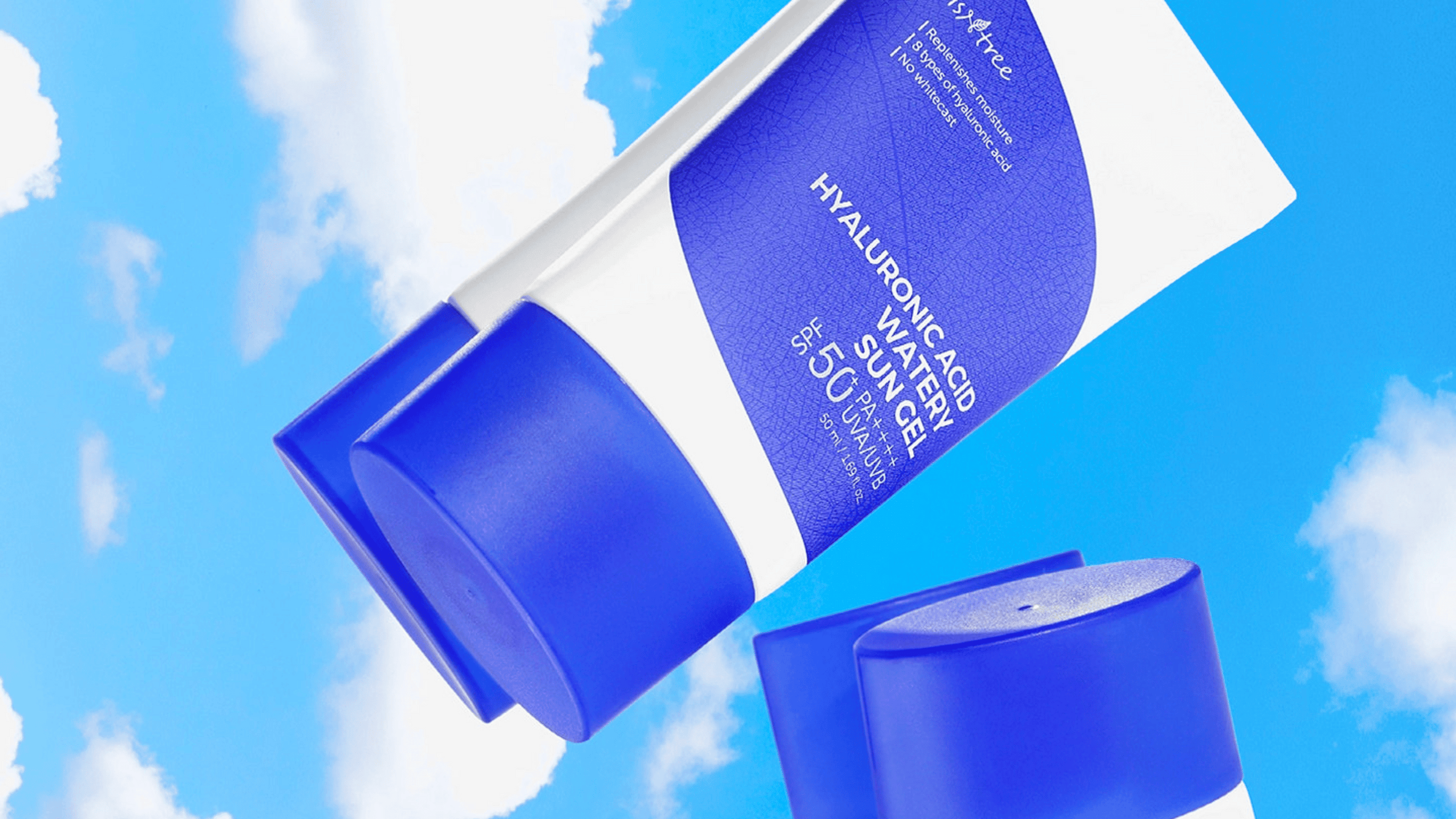
Chemical sunscreen products from South Korea are popular in the beauty world due to their unique benefits. Their lightweight consistency and high effectiveness against both UVA and UVB rays make them an excellent choice for comprehensive sun protection without leaving a white cast on the skin. Perfect to use under makeup for an invisible and protective effect.
What is chemical sunscreen?
Chemical sunscreen, also known as organic sunscreen, contains chemical compounds that absorb ultraviolet (UV) radiation from the sun. When UV rays hit the skin, these chemical ingredients convert the radiation into heat, which is then released from the skin. These sunscreens are often popular because they are easier to use without leaving a white layer on the skin, which is common with physical sunscreens.
What are the main benefits of chemical sunscreens?
No white cast
Thanks to the use of modern UV filters, these sunscreens provide invisible protection that does not leave any white traces behind. This technology is particularly effective in protecting the skin against harmful UV rays and preventing sun damage while preserving the skin's natural appearance and feel.
Advanced UV filters
Unlike traditional Western sunscreens, Korean chemical sunscreens use a range of modern and effective UV filters that provide broad-spectrum protection against both UVA and UVB rays.
Skin-caring ingredients
In addition to sun protection, these products often contain extra skin-caring ingredients such as hyaluronic acid, Centella asiatica, and vitamins C and E. These ingredients help hydrate and nourish the skin, as well as protect against oxidative stress.
Light and pleasant consistency
Formulated to feel pleasant and light on the skin, these sunscreens are ideal for daily use and do not interfere with makeup application, making them perfect for protecting the skin from the sun's harmful rays regardless of what activities the day brings.
How do chemical sunscreens work compared to physical ones?
Chemical sunscreens, as commonly used in Korea, absorb UV rays through chemical reactions in the skin. In contrast, physical sunscreens, also known as mineral-based sunscreens, physically absorb UV rays and reflect them from the skin's surface. Chemical sunscreens are usually lighter in consistency and less visible on the skin, making them popular for daily use, especially under makeup.
What is special about Korean chemical sunscreens?
Korean chemical sunscreens differ from others due to their advanced formulation and focus on skincare. These sunscreens are known for integrating innovative ingredients that both protect against the sun's rays and care for the skin. They often use ingredients like hyaluronic acid to maintain moisture, centella asiatica to soothe the skin, and niacinamide to improve skin tone and texture.
What are the key protective ingredients in chemical sunscreens?
The key protective ingredients in Korean chemical sunscreens include oxybenzone, avobenzone, and octinoxate. These ingredients are effective in absorbing a broad spectrum of UVA and UVB rays, providing comprehensive protection against sun damage. Many Korean brands combine these chemical filters with antioxidants such as vitamin E and green tea to provide additional protection against free radicals and environmental stressors.
How should chemical sunscreen be applied for maximum effect?
To achieve the best possible protection with chemical sunscreens, it is important to apply them correctly. The product should be applied in generous amounts about 30 minutes before sun exposure to give the active ingredients time to be absorbed and start to work. It is also important to regularly reapply the sunscreen, especially after swimming or if you sweat a lot.
What are the potential risks of chemical sunscreen?
Despite its effectiveness and popularity, the use of chemical sunscreen has raised some concerns. Some research suggests that chemicals like oxybenzone may be hormone-disrupting and potentially harmful to marine ecosystems, especially coral reefs. Additionally, some individuals may experience allergic reactions or skin irritation from certain chemical ingredients.
What innovations in chemical sunscreen can we expect in the future?
Future innovations in chemical sunscreen are expected to focus on improving safety and effectiveness while reducing environmental impact. Research is ongoing to develop new chemical filters that are less allergenic and more biodegradable. There is also a growing trend towards developing products that combine skincare and sun protection, meaning that more sunscreen products will also contain antioxidants and ingredients that support skin health.
How does chemical sunscreen affect sensitive skin?
Individuals with sensitive skin may be more prone to irritation or allergic reactions from chemical sunscreens, as some of the active ingredients can be more irritating to the skin. For these individuals, it is important to look for sunscreen products that are specifically formulated for sensitive skin and that are free from potentially irritating substances like fragrances, alcohol, and certain preservatives.
Are there age recommendations for using chemical sunscreen?
When it comes to children, it is often recommended to avoid chemical sunscreen, especially for infants under six months old, as their skin is particularly sensitive and their bodies may absorb more chemicals. For older children and adults, chemical sunscreens can be used safely, but it is important to choose products that are appropriate for the age and skin type. For infants and small children, physical sunscreens are generally recommended as they are less likely to irritate the skin and do not penetrate the skin in the same way as chemical sunscreens.
In summary, chemical sunscreens from South Korea are an excellent choice for those seeking high-quality sunscreen products that are gentle on the skin and the environment, while also providing robust protection against the sun's harmful rays.










